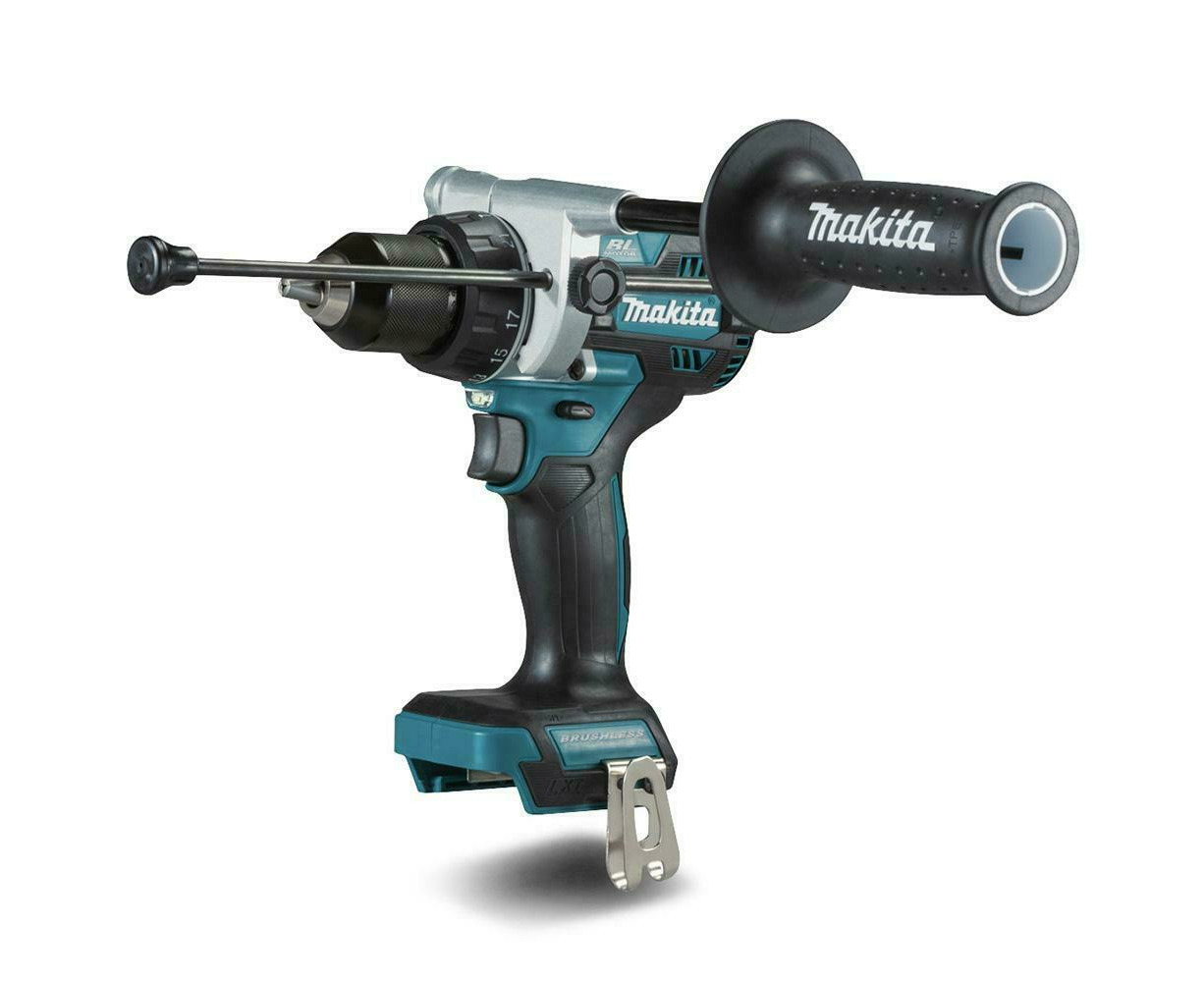Hammer drills are powerful tools designed to make drilling into hard materials like concrete, brick, and stone much easier. Their unique mechanism combines rotary drilling with a hammering action, which breaks up the material as the drill bit rotates. This article explores the features, benefits, and common questions surrounding hammer drills, drawing on popular queries and related searches.
What Is a Hammer Drill?
A hammer drill is more than just a standard drill—it’s built to handle tough surfaces. With a rapid hammering motion that helps break apart hard materials, these drills are perfect for construction, home improvement projects, and even professional work. Many related searches ask, “What is a hammer drill used for?” highlighting the curiosity around its applications.
Key Features and Benefits
- Dual Action Mechanism: Combines rotary motion with percussive blows to tackle concrete and masonry with ease.
- Versatility: Suitable for drilling holes in various materials, from wood and metal to hard surfaces like brick and stone.
- Enhanced Power: Ideal for tasks that require more force than a standard drill can provide, reducing the effort needed on tough jobs.
Comparing Hammer Drills with Other Drills
A common query among users is the difference between a hammer drill and a rotary hammer. While both tools are designed for hard materials, here are the key differences:
- Hammer Drill: Uses a clutch mechanism to provide a percussive effect and is perfect for lighter masonry work.
- Rotary Hammer: Offers a more powerful hammering action using a piston mechanism, making it better suited for heavy-duty demolition and concrete drilling.
This comparison helps users decide which tool best fits their needs, whether it’s for occasional home projects or more intensive construction work.
Choosing the Right Hammer Drill
When selecting a hammer drill, consider the following factors:
- Power and Speed: Look for models with adjustable speed settings for different materials.
- Ergonomics: A comfortable grip and balanced weight distribution make long tasks easier on the hands and arms.
- Durability: Choose a drill with robust construction and quality components, ensuring it withstands heavy use.
- Additional Features: Some models come with extra features like vibration reduction or multiple modes (drill only, hammer drill, and rotary hammer).
Many related searches indicate that users are also interested in “best hammer drills” and “hammer drill reviews,” emphasizing the importance of thorough research before making a purchase.
Safety Tips for Using a Hammer Drill
- Wear Protective Gear: Always use safety glasses, ear protection, and gloves to protect against flying debris and noise.
- Secure Your Workpiece: Clamp down materials to prevent movement during drilling.
- Check the Drill Bit: Ensure the bit is properly seated and suited for the material you are drilling.
- Follow Manufacturer Guidelines: Always read and adhere to the user manual for proper use and maintenance.
Frequently Asked Questions (FAQ)
1. What materials can I drill into with a hammer drill?
Hammer drills are ideal for drilling into masonry, concrete, brick, and stone. They can also handle wood and metal when the hammer function is turned off.
2. How is a hammer drill different from a regular drill?
A hammer drill combines the action of a standard drill with a hammering motion, which makes it more effective for breaking up hard materials like concrete and masonry.
3. Can I use a hammer drill for light tasks?
Yes, many hammer drills come with a setting to disable the hammering action, allowing you to use them as a regular drill for lighter tasks.
4. What is the lifespan of a hammer drill?
The lifespan depends on the frequency of use, quality of the tool, and proper maintenance. Regular cleaning and following the manufacturer’s instructions can extend its service life.
5. Is a rotary hammer better than a hammer drill?
For heavy-duty drilling in concrete and masonry, a rotary hammer is often more effective. However, for general home use and lighter masonry work, a hammer drill usually provides sufficient power and versatility.
6. What maintenance does a hammer drill require?
Routine maintenance includes cleaning dust and debris from the drill, checking the condition of the drill bit, and following any service recommendations provided by the manufacturer.
Final Thoughts
Hammer drills are indispensable tools for anyone working with hard materials. Whether you’re a DIY enthusiast or a professional contractor, understanding the unique features and proper usage of a hammer drill can make your projects more efficient and safer. By comparing the tool with similar options like rotary hammers, and following essential safety and maintenance practices, you can ensure you choose the right hammer drill for your needs and enjoy years of reliable service.




